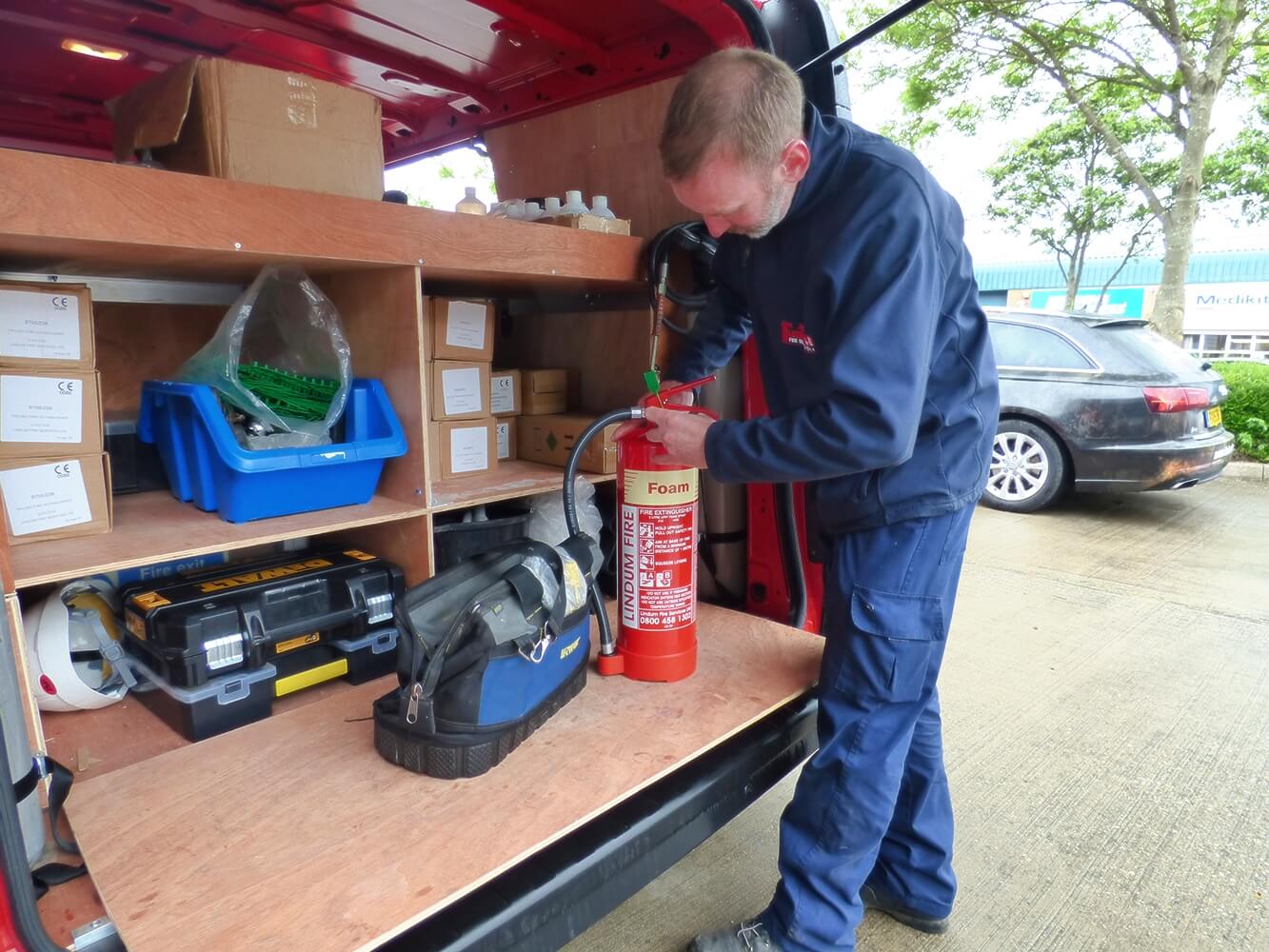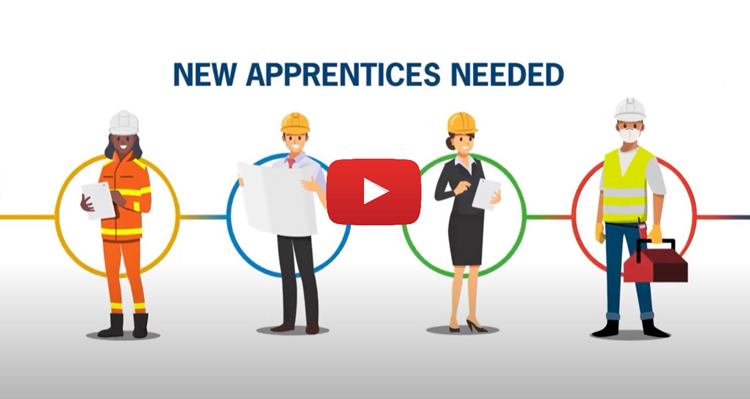A Smart Career Move?

ECAtoday

By Andrew Eldred, ECA director of employment and skills, and Jay Parmar, CEO of the JIB.
ECA and JIB recently received the results of a joint labour market information survey, based on the responses of thirteen major contractors in our industry. This followed on from the similar (but far larger) Electrotechnical Skills Partnership (TESP) survey in 2019, in which nearly 450, mostly much smaller firms took part.
Similarities and differences
Unsurprisingly, some of the findings were the same in both surveys. The major contractors, like others, attach considerable value to apprenticeships; feel concerned about worsening industry skills gaps; and they believe employers should be doing more to engage with schools and young people.
Even so, some perspectives were different. The major contractors are more likely to:
- rate off-site manufacturing and BIM as important;
- want a higher proportion of new technology incorporated into the main electrical apprenticeship; and
- foresee a growth in unskilled or semi-skilled work.
Career progression
Looking ahead, eleven out of thirteen major contractor respondents (85%) predicted that occupations in the industry will need to undergo restructuring, at least to some degree, over the next decade – largely as a result of technological change. Accordingly, major contractors were reported as keen to see:
‘a greater focus [from industry bodies] on creating defined career paths and routes to switching between roles, managing these and providing support for lifelong learning.’
Appealing to new entrants
Whilst it is easy to see why greater support for career progression might hold a special appeal for larger firms – in which professional, managerial and specialist technical roles tend to be more common – there are plenty of reasons to believe that the rest of the industry might consider this is a good idea as well.
First, opportunities for career progression are regularly cited as a big consideration for young people and career-changers when deciding between jobs, companies or sectors. Typically, our industry – in common with many traditional ‘trade’ sectors – has struggled to articulate these opportunities or to demonstrate the specific steps involved in moving from one level to the next. Our industry risks missing out on good people as a result.
Disruptive technologies
Secondly, there are the opportunities and challenges presented by new technologies.
Opportunities, because of the promise which emerging areas such as ‘low to no carbon’ energy and digitalisation hold for business and employment growth (and their capacity to boost the industry’s appeal amongst potential new entrants).
Challenges, because of understandable scepticism that the diversity and complexity of such technologies can any longer be mastered and encompassed within the single occupation of ‘electrician’.
Certainly, if the first three industrial revolutions are anything to go by, there is reason to believe that the fourth will have a disruptive impact on existing occupational boundaries and hierarchies.
Reconciling generalist and specialist approaches
Thirdly, a more systematic analysis of career options offers a better chance of reconciling the competing perspectives and demands of ‘generalist’ electrical contractors and specialists (e.g. fire and security, data and building controls).
Typically, the former have emphasised entry via the broad-based electrical apprenticeship, topped up by short-course training in specialist and new/ emerging fields. The latter, by contrast, have tended to emphasise specialist training – now embodied (in England at least) by separate ‘trailblazer’ apprenticeship standards, such as:
- fire, emergency systems and security (FESS)
- network cabling (NCI)
- smart homes (CEDIA) and
- building controls (BEMS).
Examining these alternative approaches in a more systematic way – including the equivalence of their respective qualifications and training – should make it easier for firms and individuals to plan their progression from generalist to specialist, or indeed vice versa.
CPD and upskilling
Finally, clearer career structures should also help with the design and delivery of effective CPD and upskilling. Once businesses and employees can discern a specific, desirable destination-point and the steps needed to get there, then both are more likely to commit time and/or money to progress along that path.
Given current interest in ongoing CPD as an essential element of industry ‘competence’, anything that contributes to the development of a culture of continuous learning is almost certainly a good thing.
What next?
We believe the points above begin to make the case for a fresh look at industry careers and progression between them. Assuming others agree, any subsequent review will require extensive input from employers large and small, and generalists as well as specialists. ECA, FSA and JIB members can be confident that our organisations will provide them with a powerful voice in helping to shape the industry’s future.

ECAtoday
Related Articles
HR implications of a Labour Government
Careers Week 2024: consider an electrotechnical career!
General Election 2024: Why a shortage of electrical apprentices matters
Electrician Plus: the future of competence in our sector
An appeal to industry from education
Empowering young people for World Skills Day 2023
Lean into local learning
Make 2023 your year for fire and security training
Tackling recruitment and retention challenges
The Construction Route – what needs to change?
Apprenticeships off to a positive start
We need diversity more than ever. Here are 5 ways we can get there
New Training Opportunities for EV Charge Point Installers
Increasing Pay Pressures in Engineering Services
Don’t get taken for a ride by Rogue Trainers
Home Thoughts from Abroad: Skills Development
Home thoughts from abroad: Immigration
Home-thoughts from abroad: ‘What should they know of England who only England know?’
Back to the Future: Direct employment, the ‘gig’ economy and the lessons from history
IR35: the story behind the headlines
Looking back on 2020 with the JIB
Six reasons to hire apprentices
What’s the best way into the industry?
Why an operative-rating app leaves me feeling queasy…
Tackling unemployment post Covid-19
The importance of functional skills
Finding the best fit for your team? There’s an app for that
The future of furlough
IR35: essential steps to help you comply
Stopping the levy running dry
Do the maths, consider an electrotechnical career!
Opening the door to all
The Real Deal (At Last)?
Copyright © 2024 Electrical Contractors Association Ltd
.jpg?width=970&height=90&ext=.jpg)
















.jpg?width=700&height=466&ext=.jpg)





















